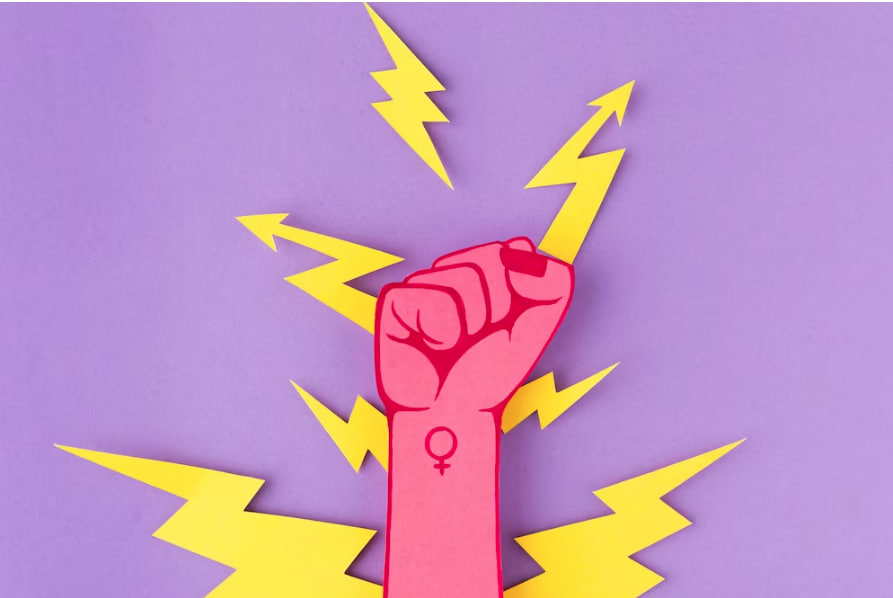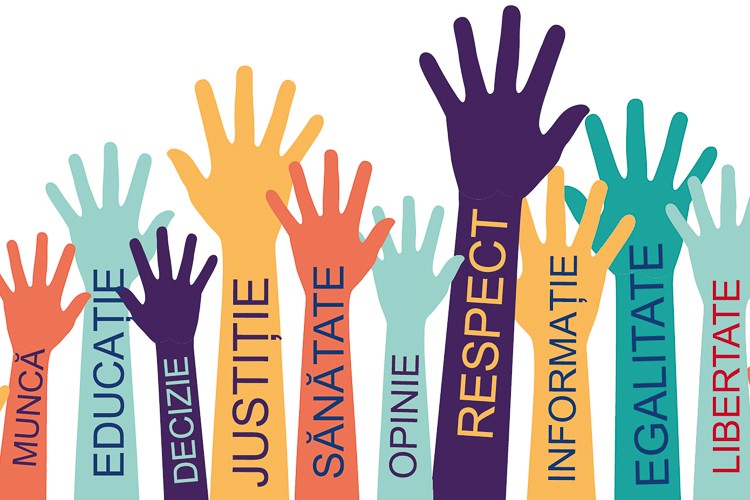The Universal Declaration of Human rights it is a document that includes all the freedom and rights for everyone. With E. Roosevelt as the chair of the Human Rights Commission, he began to discuss the Bill of Rights in 1947.
It was not fully agreed whether it should be put into practice but later, the document was adopted in 1948 by the General Assembly of the UN. What led to the construction of the Declaration was the experiences of the world wars and it was at that point, counties agreed on a statement that will cater for human rights.
What does The Universal Declaration of Human Rights entail?
The Universal Declaration it starts by making all the family members know that they are the foundation of justice and peace in the world. It states that all human rights are universal and are meant to be enjoyed by people no matter their native or who they are. It also includes all civil and political rights such as right to life, privacy and free speech.
Additionally, it also includes the cultural, social and economic rights for instance, right to health, education and security.
Freedom and Rights as Stated in the UDHR
The following are the first thirty rights and freedoms as they were constructed in the committee in 1948. The rights state that all human beings are born free and equal in dignity and rights. They include:
Article 1
It states that all people are born free and equal in dignity and rights. Every person is endowed with a conscience to act toward one another as one person.
Article 2
Every citizen of a country is privileged to the rights and freedom declared in the Declaration of Human Rights, without looking at race, color, language or religion. Additionally, no contrast shall be made based on the country’s status in which a person lives or political situation.
Article 3
Article three states that every person has the right to liberty, life and security.
Article 4
This article affirms that not any person should be held in servitude. Slave trade is banned in all ways.
Article 5
No person should be subjected to any form of maltreatment or degrading punishment. Everyone should live in peace among themselves.
Article 6
It states that each person, before the law, has the right to be recognized everywhere and anywhere as a person.
Article 7
This article states that everyone is equal before the law, and there should not be any form of discrimination against uniform law protection. The law protects all against any form of violation in this declaration.
Article 8
All have the right to an effective remedy for any acts of violating the fundamental rights granted by the constitution.
Article 9
This article states that everyone has the right not to be subjected to exile, detention, or any arbitrary arrest.
Article 10
Every person is entitled in full equality to a fair hearing by a tribunal in determining any criminal charge against him or her.
Article 11
In this article:
- All who are held for questioning with penal offences have a right to be assumed innocent until proven guilty by the court of law.
- Not a single person should be penalized after being held guilty, which did not include a disciplinary offence under the constitutional law.
Article 12
No individual should be subjected to any interference with their privacy or threats regarding their reputation. All are needed to be protected by the law against such assaults.
Article 13
In this article:
- Every person is entitled to freedom of movement in their state and at the borders of their state.
- Everyone has the right to depart their state and return.
Article 14
In this article, it states that everyone has the right to enjoy in other countries away from any form of persecution.
Article 15
This article gives everyone the right to a nationality, and none whatsoever shall be disowned the right to transform their race.
Article 16
Without any limit in terms of race, religion or nationality, men and women have the right to have a spouse. However, the matrimony shall only be participated into with the consent and will of the intending spouses.
A family is a basic and important unit of society; therefore, it has an entitlement to protection by the state.
Article 17
Each person has the entitlement to own property, and no one should be denied the right to their property
Article 18
All have the freedom of religion, change their religion/belief and have the right to manifest their faith with others or private in worship and teachings.
Article 19
Everyone is entitled to independency of expression, stating opinions without interfering with and seeking and receiving information through any media channel.
Article 20
No one should be denied the chance to belong to any association since everyone has the right to freedom of association.
Article 21
Besides being granted the right to contribute in the state, either directly or choosing representatives, everyone has the right to receive equal access to any state’s service in their country.
Article 22
In this article, every society member has the entitlement to social security. This will be through the cooperation of the organization and the state. Additionally, this will also include the state’s resources whereby the organization’s resources and cultural, economic and social rights to develop self-personality will also provide the resources.
Article 23
Everyone is entitled to the following rights:
- Right to work and choose employment freely regarding the circumstances of work.
- Right to equal pay for equal work without any form of discrimination
- Right to favourable remuneration.
- Right to join any trade union or form a trade union for the protection of interests.
Article 24
Every individual has the right to leisure, including rest and restriction of working hours during public holidays with pay.
Article 25
Mothers and children are entitled to a right to receive special care and assistance. Furthermore, everyone should enjoy the privilege of social protection.
Still, in this article, each person is entitled to have the right to a formal living that includes adequate health provision and housing.
Article 26
This article states that each person has the right to access education since it is free. It is directed to complete development of human personality hence strengthening respect for human rights.
Article 27
Each and every person is entitled to the right to participate in cultural events of the society freely.
Article 28
Each person is entitled to a social order in which all freedoms and rights are outlined in this declaration.
Article 29
All persons have duties to society and in which they develop their personality.
Article 30
All the rights said in this declaration may be demonstrated differently for any state.
Conclusion
The above article has illustrated how the UDHR was started and all the rights that are included in the Declaration. Each and every person is entitled to own his or her rights.



